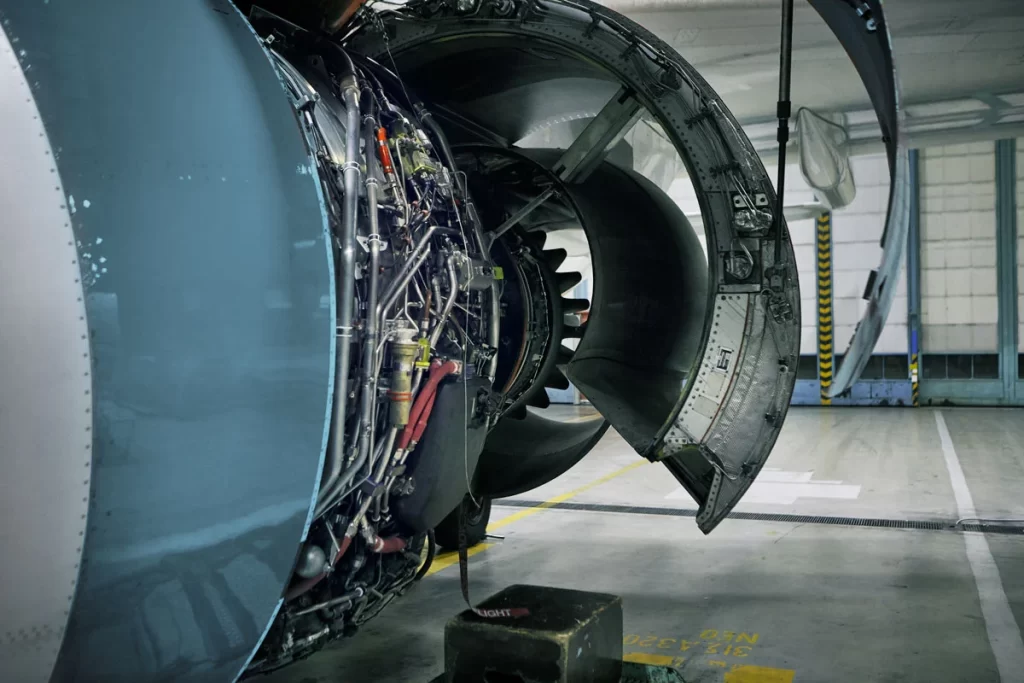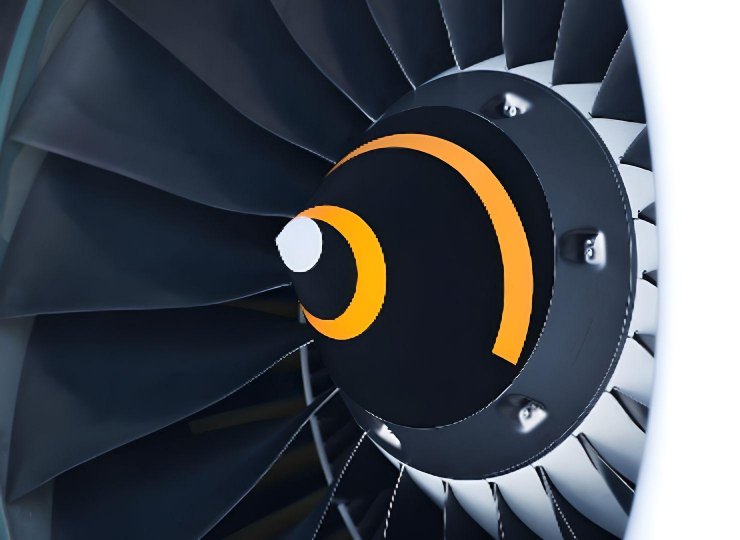Explore the essential guide to finding reliable aero parts suppliers, with insights into the aircraft parts distribution landscape, evaluation criteria for trustworthy aerospace components suppliers, and practical tips for navigating the complexities of the aviation supply chain. Learn about the importance of quality certifications, industry reputation, and the key players in the market to ensure you source the most reliable airplane spare parts for sale. Perfect for aviation professionals seeking to enhance their commercial aviation spares procurement strategy.
Section I. Introduction
- The Importance of Reliability in Aero Parts Supply
- Summary: Discusses the critical nature of reliability in the aerospace industry and its impact on safety, efficiency, and operational success.
- Challenges in Finding Trustworthy Suppliers
- Summary: Explores common obstacles faced by buyers, including market saturation, varying quality standards, and the complexity of verifying supplier credibility.
Section II. Understanding Aircraft Parts Distribution
- Overview of the Distribution Landscape
- Summary: Provides an insight into how aircraft parts distribution works, including the roles of OEMs, distributors, and third-party vendors.
- Key Players in the Market
- Summary: Highlights major distributors, OEMs, and aftermarket suppliers that have established a reputation for reliability and quality.
Section III. Criteria for Evaluating Reliable Aerospace Components Suppliers
- Quality Certifications and Standards
- Summary: Emphasizes the importance of industry certifications (e.g., AS9120, ISO 9001) in assessing supplier reliability.
- Track Record and Industry Reputation
- Summary: Discusses how a supplier’s history and reputation in the industry can be a reliable indicator of their dependability and quality of service.
- Supply Chain Transparency and Ethical Sourcing
- Summary: Explores the significance of transparent supply chains and ethical sourcing practices in ensuring component reliability.
Section IV. Navigating Online Aircraft Parts Stores
- Benefits and Pitfalls
- Summary: Analyzes the advantages of using online platforms for parts procurement and the potential risks involved.
- How to Vet an Online Store
- Summary: Offers practical tips for verifying the credibility and reliability of online aircraft parts suppliers.
Section V. Strategies for Securing Commercial Aviation Spares
- Building Long-Term Supplier Relationships
- Summary: Discusses the benefits of developing strong, long-term partnerships with suppliers for better reliability and service.
- Leveraging Technology for Better Sourcing
- Summary: Examines how modern technologies, like blockchain and AI, can improve the sourcing process and ensure the authenticity of parts.
Section VI. Conclusion
- The Future of Aircraft Parts Sourcing
- Summary: Speculates on future trends in the industry, including digital transformation and the increasing importance of sustainability in sourcing decisions.
Navigating Online Aircraft Parts Stores

Benefits and Pitfalls
Maximizing Opportunities in Digital Marketplaces Online aircraft parts stores offer unparalleled convenience, providing access to a global inventory of parts with the click of a button. This section highlights the advantages of using digital platforms for sourcing parts, including the ability to compare prices, access a wider range of products, and enjoy the efficiency of online transactions. However, it also warns of potential pitfalls such as the risk of encountering counterfeit parts, the challenge of verifying supplier credibility online, and the variability in quality assurance practices across platforms.
How to Vet an Online Store Ensuring Credibility and Quality Online Vetting an online aircraft parts store is crucial to ensure that you are dealing with reputable suppliers. This paragraph provides practical tips for assessing the credibility of online stores, including checking for industry certifications, reading customer reviews, examining the transparency of their supply chain, and looking for evidence of quality control processes. It emphasizes the importance of due diligence in the digital age to safeguard against fraud and ensure the procurement of high-quality parts.
FAQs
- What are the main benefits of using online aircraft parts stores?
- The main benefits include access to a global inventory, competitive pricing, and the convenience of shopping and comparing parts online.
- How can buyers protect themselves from counterfeit parts online?
- Buyers can protect themselves by purchasing from certified and reputable online stores, requesting documentation for parts, and using secure payment methods.
- What should buyers look for in an online aircraft parts store?
- Look for stores with industry certifications, positive customer reviews, transparent quality control processes, and clear return policies.
- Are there specific certifications that online stores should have?
- Yes, certifications like AS9120 or ISO 9001 are indicators of a store’s commitment to quality and reliability.
- Can buyers negotiate prices on online aircraft parts stores?
- While some online platforms may have fixed prices, others might offer the option to negotiate, especially for bulk purchases or repeat business.
Strategies for Securing Commercial Aviation Spares

Building Long-Term Supplier Relationships
Fostering Partnerships for Future Success Developing strong, long-term relationships with suppliers can lead to numerous benefits, including improved reliability, better pricing, and priority access to scarce parts. This section discusses strategies for building and maintaining these relationships, such as regular communication, collaborative problem-solving, and loyalty programs. It emphasizes the value of trust and mutual respect in securing a steady supply of commercial aviation spares.
Leveraging Technology for Better Sourcing Innovations in Aerospace Parts Procurement The use of technology in sourcing aircraft parts has revolutionized the procurement process. This paragraph explores how technologies like blockchain for supply chain transparency, AI for market analysis, and digital twins for parts testing are enhancing the efficiency and reliability of sourcing commercial aviation spares. It highlights the potential of these technologies to provide competitive advantages in the fast-paced aviation industry.
FAQs
- Why are long-term relationships with suppliers important?
- Long-term relationships ensure a reliable supply of parts, potentially better pricing, and a deeper understanding of your business needs by the supplier.
- How can technology improve the sourcing of aviation spares?
- Technology can enhance sourcing by improving supply chain transparency, enabling more accurate market analysis, and facilitating the testing of parts through digital simulations.
- What are some tips for building strong supplier relationships?
- Tips include maintaining open communication, providing timely feedback, engaging in joint planning, and recognizing the supplier’s contributions to your business.
- Can small aviation companies leverage technology effectively in sourcing?
- Yes, small companies can use technology to level the playing field, especially by utilizing cloud-based supply chain solutions and market analysis tools.
- What role does trust play in supplier relationships?
- Trust is fundamental, as it underpins all aspects of the relationship, from negotiating contracts to relying on the supplier’s quality assurance processes.
Conclusion

The Future of Aircraft Parts Sourcing
Embracing Change in the Aerospace Supply Chain The future of aircraft parts sourcing is poised for significant transformation, driven by technological advancements, evolving industry standards, and the increasing emphasis on sustainability. This section speculates on future trends, including the digitalization of the supply chain, the rise of sustainable and green aviation components, and the potential for new business models in parts distribution. It underscores the importance of adaptability and forward-thinking in staying competitive and meeting the challenges of tomorrow’s aerospace industry.
FAQs
- What technological advancements are shaping the future of parts sourcing?
- Advancements include blockchain for transparency, AI and machine learning for demand forecasting, and 3D printing for manufacturing parts on demand.
- How is sustainability impacting aircraft parts sourcing?
- Sustainability is leading to increased demand for eco-friendly materials, recycling of parts, and more efficient logistics to reduce carbon footprints.
- What new business models might emerge in aircraft parts distribution?
- Potential models include subscription-based access to parts inventories, peer-to-peer parts trading platforms, and the use of digital twins for inventory management.
- How can companies prepare for the future of aircraft parts sourcing?
- Companies can prepare by investing in technology, fostering innovation, and developing strategies that prioritize sustainability and efficiency.
- What role will data play in the future of aircraft parts sourcing?
- Data will be crucial for predictive analytics, optimizing supply chains, personalizing customer experiences, and making informed strategic decisions.
